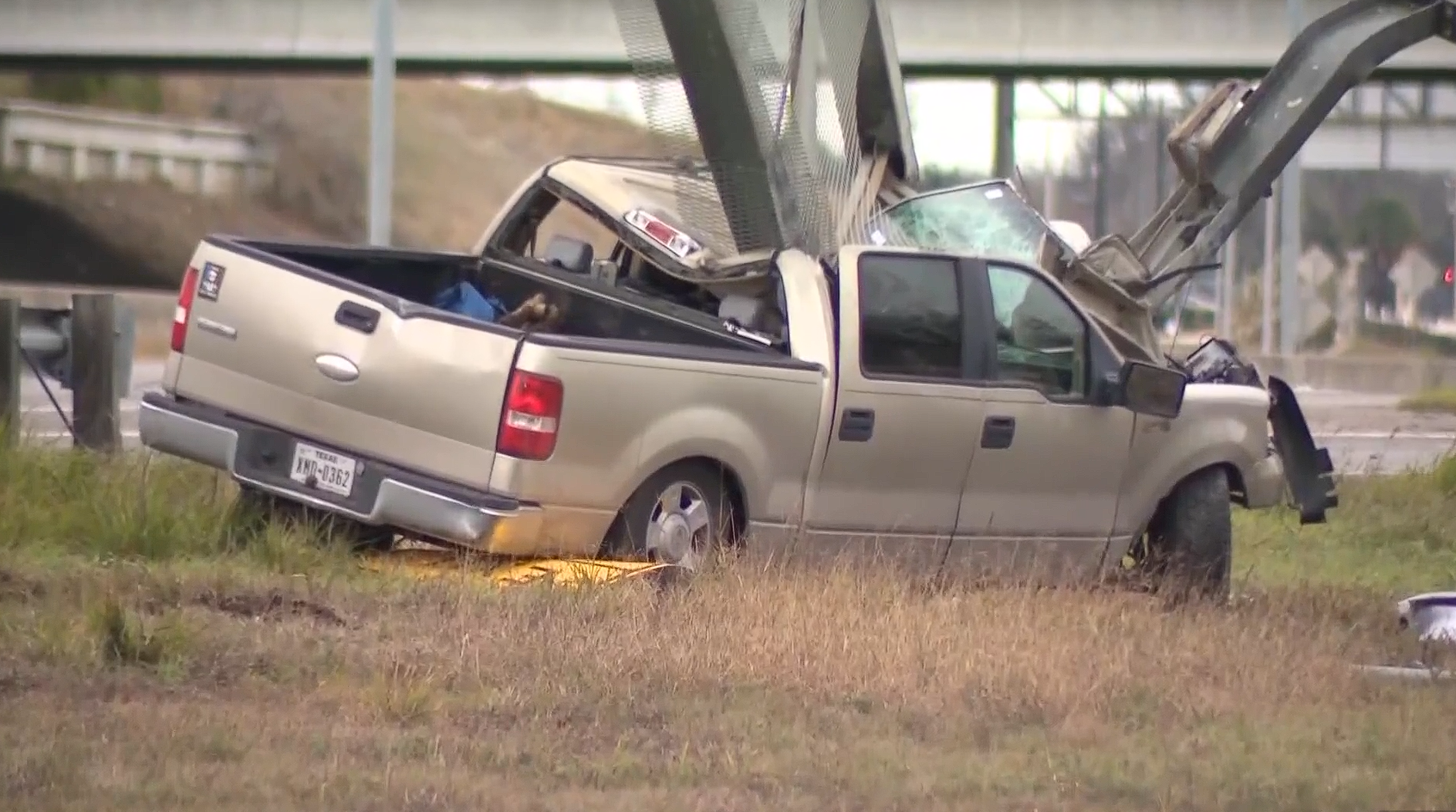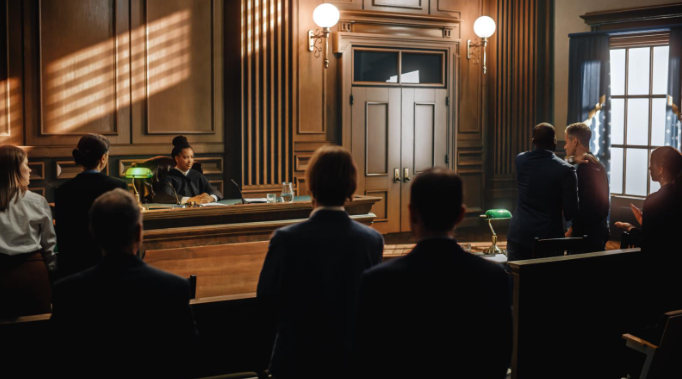In 2017, the Federal Motor Carrier Safety Administration (FMCSA) began requiring that all commercial truck companies install electronic logging devices (ELDs) in their fleet vehicles. These devices have now replaced the paper logs that drivers formerly used to track their on-duty hours, helping to enforce hours of service laws.
If you or a loved one has been injured in a truck wreck, it is crucial that you understand how ELDs affect your personal injury claim. We’ll explain ELDs in more detail below, but first we’ll discuss hours of service laws and the importance of regulating truck driver hours.
Regulating Driving Hours With the Hours of Service Laws
The hours of service (HOS) laws dictate how long a truck driver is allowed to be on-duty and aim to decrease truck driver fatigue. There are several restrictions, but the main ones include that truck drivers must have a:
- Maximum driving time of 11 total hours
- Minimum consecutive 10 hour off-duty break
- Minimum of 8 hours sleeping
Some drivers try to stay on-duty longer than allowed in order to finish a long-haul route more quickly. Additionally, truck companies sometimes coerce their drivers into exceeding these hours of service rules to increase their own profit. This is where ELDs come in the picture.
Electronic Logging Devices Help Enforce These Rules
The FMCSA enforced electronic logging devices due to the high rate of truck drivers and companies who would falsify duty records. Instead of allowing drivers to manually fill out a paper record of their supposed on-duty hours, ELDs automatically collect driving data from the trucks.
The Effect of ELDs on Service Hour Violations
Electronic records are considerably more difficult to falsify than paper logs. However, having a record that proves a truck driver violated the service hour laws doesn’t mean the FMCSA (or anyone besides the truck company) knows about the violation. After all, the devices don’t send the information to safety organizations or the police; the logs are sent to the company.
“Some drivers try to stay on-duty longer than allowed in order to finish a long-haul route more quickly. Additionally, truck companies sometimes coerce their drivers into exceeding these hours of service rules to increase their own profit. This is where ELDs come in the picture.”
What if the truck company is encouraging violations or not bothering to enforce the hours of service laws? Then the only way to use the electronic device to prove violations is with a legal order to turn over the logs. Besides police and other government officials, your attorney can also subpoena the data from an ELD.
RELATED ARTICLE: How to Get a Fair Settlement in Your Truck Accident Claim
So what is the real impact of ELDs on service hour violations? The FMCSA reports that in the first year of their ELD mandate, the number of service hour violations decreased by around 50%. They have not yet reported their findings from 2018, but they do state that the mandate is working, and that they expect hours of service violations to continue dropping from 2018 onward.
Fatigue Is a Common Cause of Truck Wrecks, But Not the Only One
As we mentioned earlier, the purpose of HOS regulations is to decrease truck driver fatigue. Fatigue is a common factor in all motor vehicle crashes, including truck wrecks, but is by no means the only cause or even the most frequent cause.
The FMCSA reported in their Large Truck Crash Causation Study that although fatigue is a major factor, the top five driver-related crash factors are:
- Speeding
- Being unfamiliar with the roads
- Over-the-counter drug use
- Inadequate surveillance/attention
- Fatigue
Just because fatigue is not the number one cause of truck wrecks, however, doesn’t mean that it should be overlooked.
RELATED ARTICLE: Are Trucking Regulations Encouraging Drowsy Driving?
Do ELDs Make Our Roads Safer?
ELD records can’t be falsified and can be inspected and subpoenaed — meaning truck drivers and companies are being forced to follow the hours of service regulations or face the consequences.
If the FMSCA catches an ELD violation during an inspection, the truck company will face fines and other serious penalties — including being shut down. If an attorney subpoenas the ELD data in a truck wreck investigation and the data shows a violation, the truck company and driver will have a tough time wiggling out of that personal injury lawsuit since they knowingly broke the hours of service laws.
In conclusion, yes: electronic logging devices cut back on service hour violations, decreasing truck driver fatigue and making our roads a little safer. In addition, they can help improve the chances of appropriate compensation if you file a lawsuit after having been involved in an accident with a commercial truck.
Crosley Law Firm | Advocates for Truck Accident Victims
At Crosley Law Firm, we have experience using the data from electronic logging devices to prove driver and company negligence for truck wreck claims. Additionally, our attorneys understand that drowsy driving isn’t the only cause of truck crashes, and we’ll investigate our cases until we discover all the causes and negligent parties involved.
If you or a loved one has been in a truck wreck, please contact us today to speak with one of our experienced attorneys about your case. Call 210-LAW-3000 | 210-529-3000 or complete this brief online form to schedule your free consultation today.
References
Electronic Logging Devices: Improving Safety Through Technology. (2018). FMCSA – U.S. Department of Transportation. Retrieved from https://www.fmcsa.dot.gov/sites/fmcsa.dot.gov/files/docs/regulations/enforcement/406471/eld-infographic-6-month-update-f2508621.pdf
The large truck crash causation study – Analysis brief (2007, July). Federal Motor Carrier Safety Administration. Retrieved from https://www.fmcsa.dot.gov/safety/research-and-analysis/large-truck-crash-causation-study-analysis-brief
The content provided here is for informational purposes only and should not be construed as legal advice on any subject.









